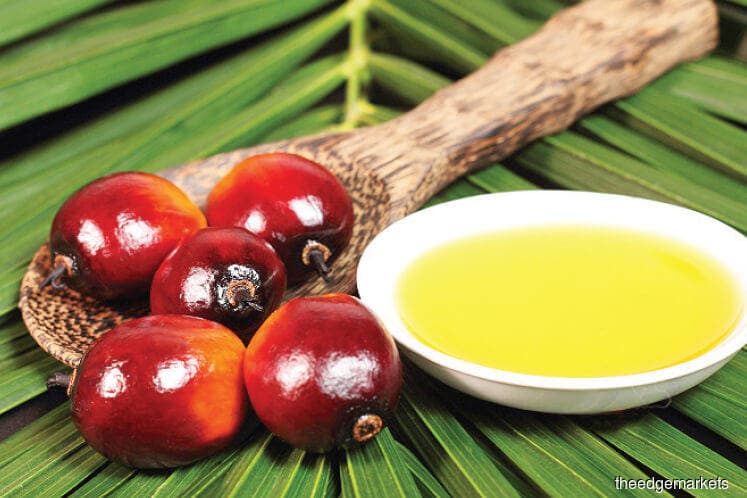
This article first appeared in The Edge Financial Daily on January 11, 2019
KUALA LUMPUR: Crude palm oil (CPO) inventory is at record high of 3.22 million tonnes no thanks to the weak exports. But analysts expect it will drop in the next three months given that the trees enter into low production period.
Furthermore, they expect demand from China to rise which will help reduce the unsold stocks.
Official data released by Malaysian Palm Oil Board yesterday showed Malaysia’s palm oil inventory rising for the seventh consecutive month — up 6.92% to 3.22 million tonnes, from 3.091 million tonnes in November — ending the year at its highest stockpile ever recorded.
Month-on-month production slid 2.02% to 1.808 million tonnes from 1.845 million tonnes in November, making it the second straight month of output decline to its lowest in three months, Reuters reported.
Exports edged up 0.57% to 1.38 million tonnes from November, reversing declining trend of the two earlier months.
“Production and export figures are in line with our expectations, but the stock increase was more than what we have expected,” Sathia Varqa, owner and co-founder of Singapore-based independent online publisher Palm Oil Analytics told The Edge Financial Daily.
Given the lower exports, particularly in the second half of 2018 when India slammed steep import tariffs, Varqa said he has expected stocks for end-2018 to be higher by at most 15%, instead of the inventory swell by near 18% year-on-year (yoy).
As at yesterday’s closing, the benchmark palm oil third-month contract for April delivery was traded RM15 lower at RM2,207 per tonne, but has recovered from its low of RM1,966 last November.
However, on a yoy comparison, CPO prices have weakened by some 15% from RM2,586 on Jan 9, 2018.
The US-China trade tension too has slowed down trade activities, he added.
India and China are the biggest buyers of Malaysian palm oil. In 2018, palm oil exports to China fell 3% to 1.86 million tonnes, from 1.92 million tonnes the year before.
India, however, bought some 2.51 million tonnes last year, roughly one-fourth more from 2.03 million tonnes in 2017.
While January exports are likely to be more robust, particularly refined, bleached and deodorised palm olein exports following the preferential treatment on Malaysian refined products, Varqa expects stocks to still remain above three million tonne-mark due to the high carry-forward from 2018.
He added that such high inventory levels may only begin to decline at the end of the first quarter on the back of a seasonal slowdown in production.
Indeed, demand for Malaysian palm oil products are showing positive signs, with cargo surveyors estimating a more than 45% growth in exports of Malaysian palm oil products for the first ten days of January.
According to Intertek Testing Services, exports grew 46.6% to 451,845 tonnes between Jan 1 and 10, from 308,207 tonnes shipped during Dec 1 to 10 last year, while independent inspection firm, AmSpec Agri Malaysia, said the figure was 52.9% higher at 457,880 tonnes.
“I think 2018 was a rather unfortunate year for the plantation sector, besieged by a string of negative events like soybean being used as a trade war weapon, India increasing import tax on CPO and shortage of barges in Indonesia, among others,” said Kenanga Investment Bank Bhd research analyst Lavis Chong when contacted.
However, the plantation expert believes inventory will start easing from now onward to about 2.5 million tonnes by the end of the first half of this year, before reentering the three million tonne-mark when production picks up again.
“Despite this, prices should recover over the next few months on near-term positives, such as India reducing import tax in January and China resuming purchases of US soybean.
“The discount of Indonesian CPO is also expected to narrow when the issue of a shortage of barges is resolved, thus reducing the incentive for Malaysian refiners to import CPO from Indonesia,” he added.
Additionally, the implementation of a B10 biodiesel initiative could help absorb around the additional 300,000 tonnes of crude palm oil annually, which could ease the upward pressure on Malaysian stockpile in 2019.
Riding on these factors, Chong is forecasting CPO prices to improve to RM2,300 to RM2,400 tonne by the end of the first quarter of 2019, before edging up further to RM2,500 to RM2,600 a tonne in the second.